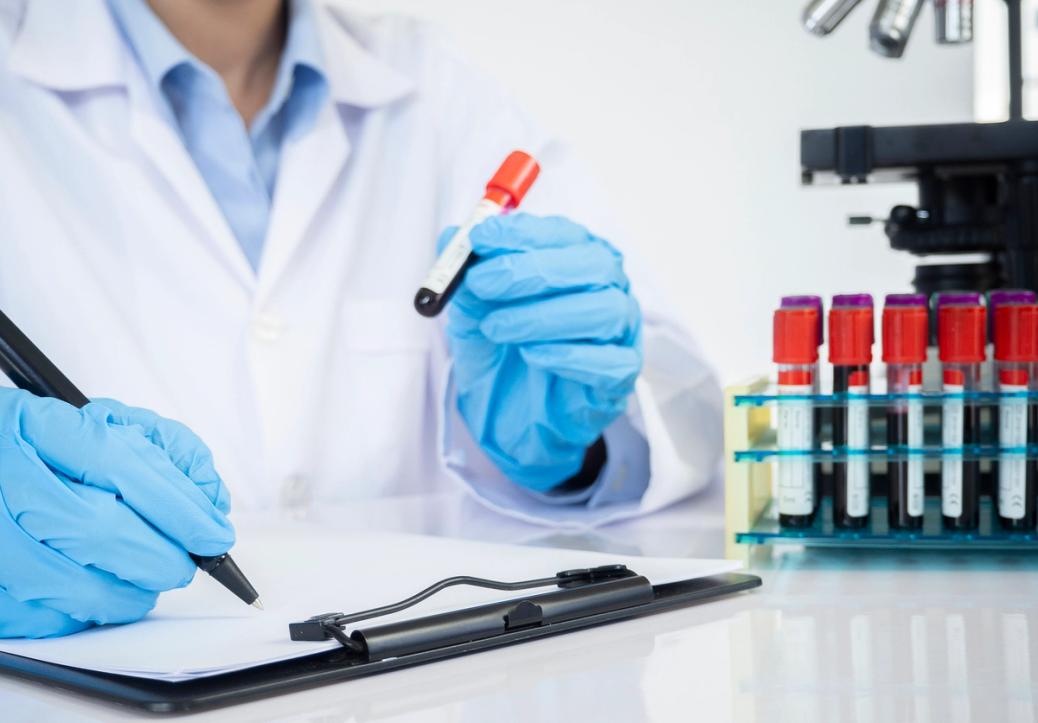question
what are biomarkers and how are they used to diagnose and assess rheumatoid arthritis?
Biomarkers are biological indicators that can be measured to provide information about a person's health status. In the context of rheumatoid arthritis (RA), biomarkers play a crucial role in diagnosing the condition and assessing its severity and progression.
How Biomarkers are Used in RA Diagnosis
-
Confirming Diagnosis:
- Certain biomarkers, such as specific antibodies, can help confirm a diagnosis of RA. For instance, the presence of anti-cyclic citrullinated peptide (anti-CCP) antibodies is particularly useful in the early stages of RA.
- Approximately 95% of patients with a positive anti-CCP test will go on to develop RA, making it a valuable tool for early diagnosis.
-
Monitoring Disease Activity:
- Biomarkers can also be used to monitor the severity of the disease and the effectiveness of treatment. Blood tests measuring inflammation levels, such as the Erythrocyte Sedimentation Rate (ESR) and C-Reactive Protein (CRP), provide insights into the current state of inflammation in the body.
- A high ESR or CRP level indicates increased inflammation, which can help guide treatment decisions.
-
Assessing Treatment Response:
- Regular blood tests can help determine whether the medications prescribed are effectively managing the disease. If inflammation markers decrease, it may suggest that the treatment is working.
-
Identifying Potential Side Effects:
- Some biomarkers can indicate side effects from medications before they become significant issues. This proactive approach allows healthcare providers to adjust treatment plans as necessary.
Common Biomarkers in RA
-
Anti-CCP Antibodies:
- Highly specific for RA and useful for early diagnosis.
-
Rheumatoid Factor (RF):
- Found in about 80% of people with RA, but not exclusive to the disease. A positive RF test alone does not confirm RA.
-
ESR and CRP:
- These tests measure inflammation levels but do not specify the cause. They are often used alongside other tests for a comprehensive assessment.
-
Antinuclear Antibody (ANA):
- While not specific to RA, a positive ANA test can indicate autoimmune activity and may prompt further investigation.
-
HLA Typing:
- Identifies genetic markers associated with an increased risk of developing certain types of arthritis, including RA.
Conclusion
Biomarkers are essential tools in the diagnosis and management of rheumatoid arthritis. They help confirm the diagnosis, monitor disease activity, assess treatment response, and identify potential side effects.
If you have concerns about RA or the use of biomarkers in your diagnosis or treatment, I encourage you to discuss these with your healthcare professional. They can provide personalised advice based on your specific situation.
This information is not a substitute for professional medical advice, diagnosis or treatment. Always consult a registered healthcare professional about matters that affect your health. Clara uses artificial intelligence to generate general information for personal educational purposes only, not intended to be a management plan and it may contain errors, inaccuracies or may oversimplify concepts.










